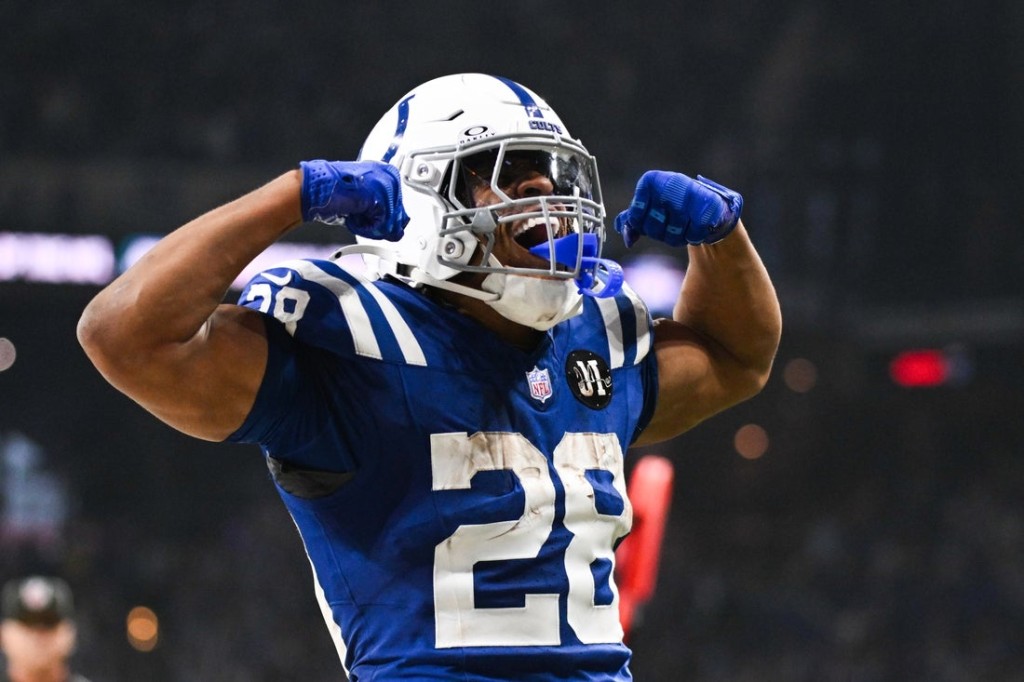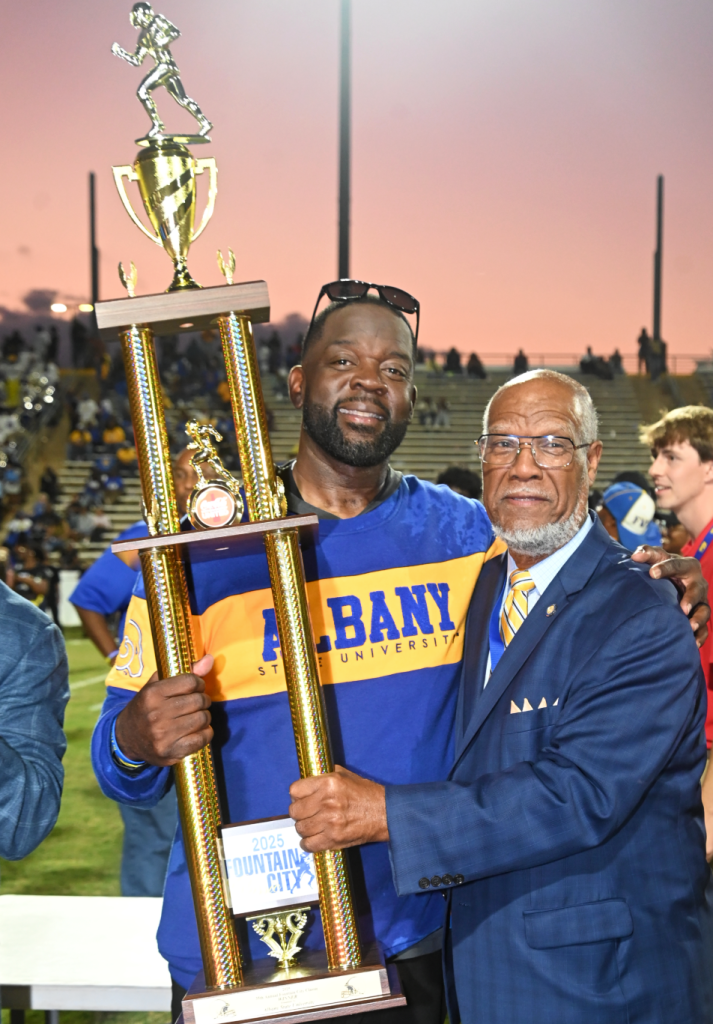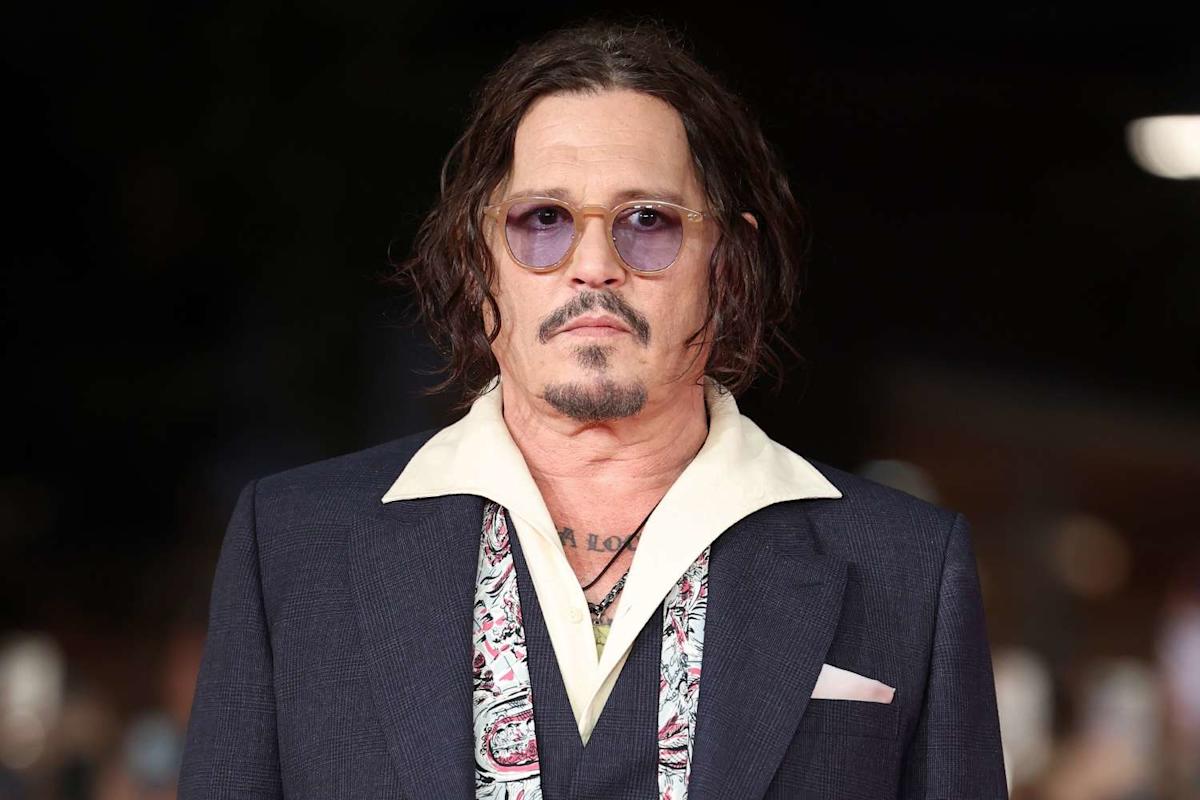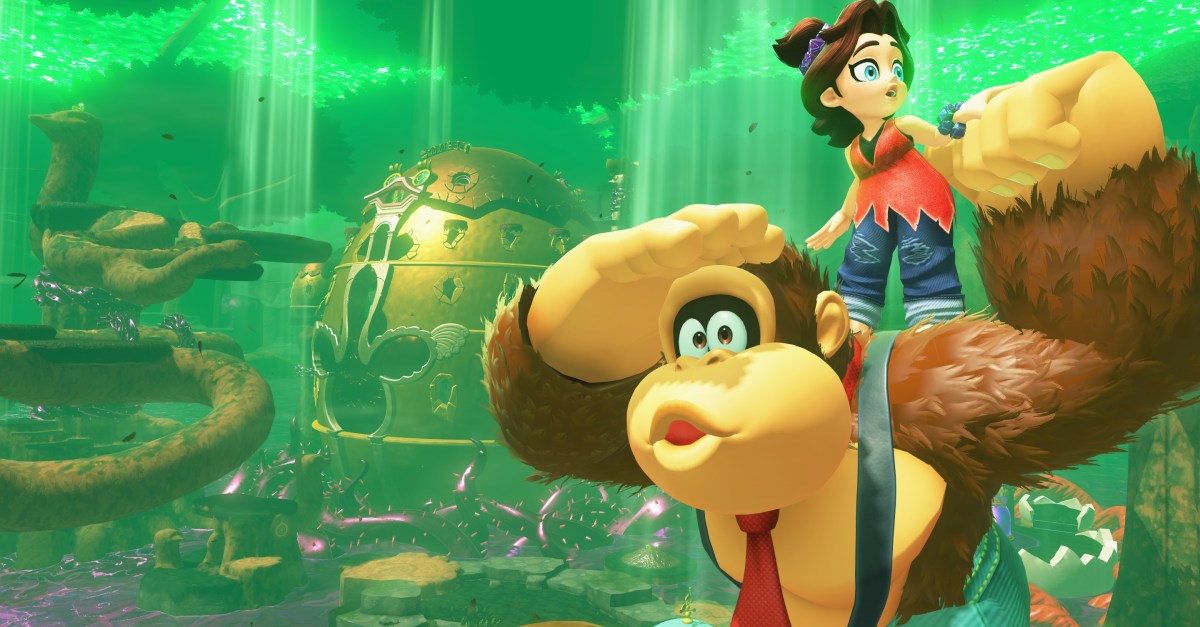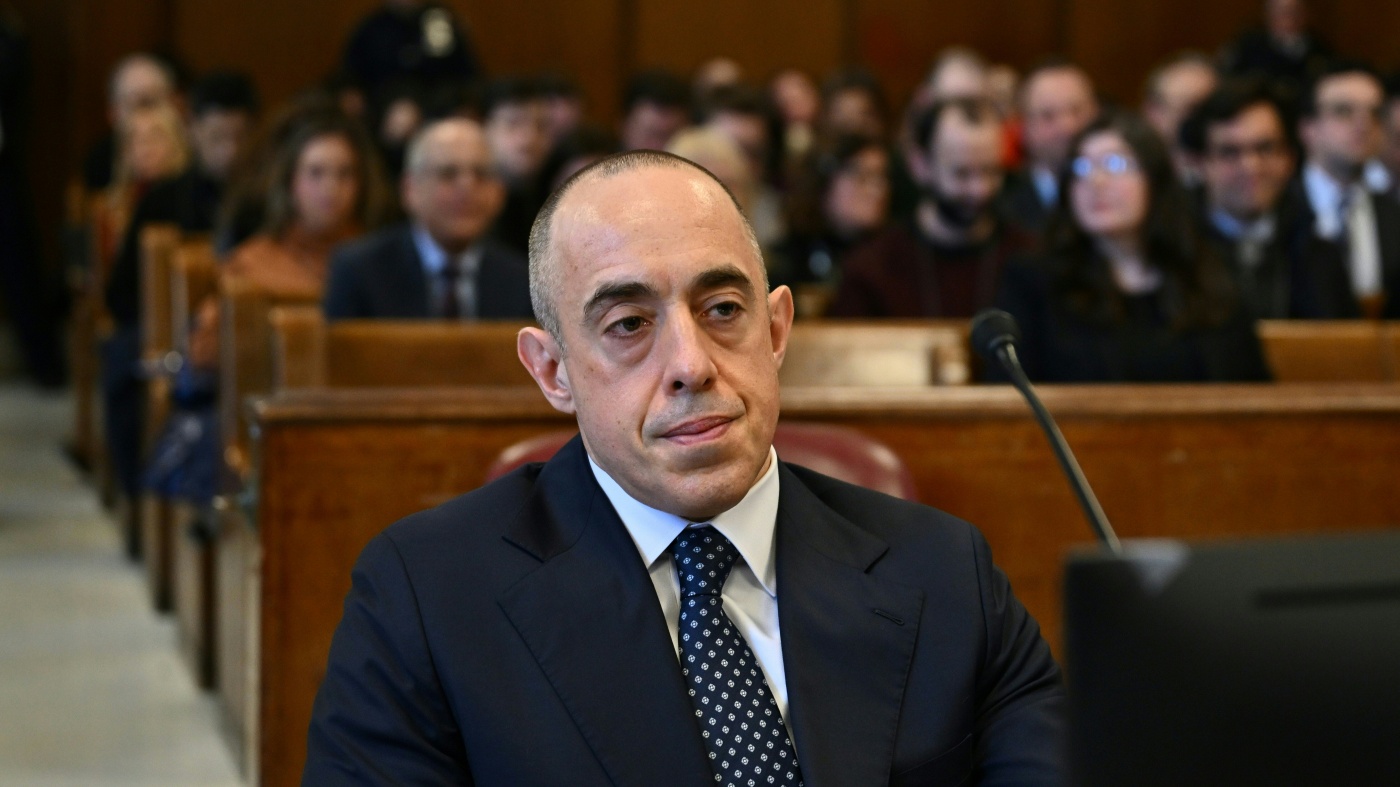Ranking the Five Most Underdeveloped Characters in Harry Potter
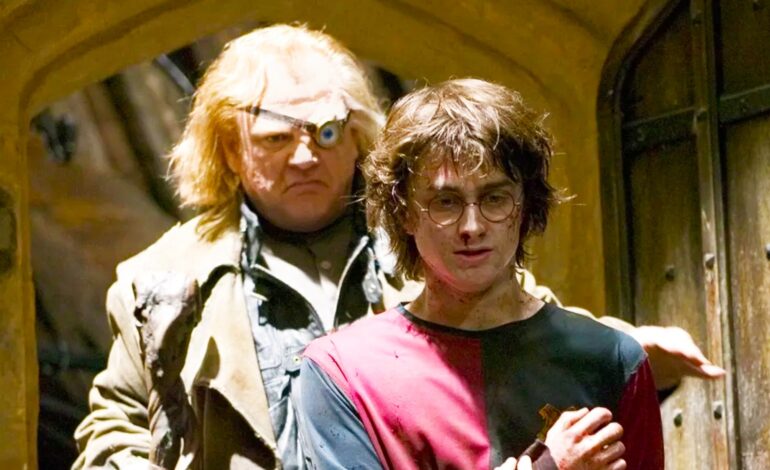
The world of Harry Potter, crafted by J.K. Rowling, is rich with a diverse range of characters. While many have garnered acclaim for their depth and complexity, several characters fall short of expectations, leaving fans disappointed. This article examines five characters who, despite their potential, failed to develop into fully realized individuals within the narrative.
Cho Chang: A Missed Opportunity
Cho Chang first appears in “Harry Potter and the Prisoner of Azkaban” as a confident Ravenclaw Seeker. Her initial portrayal offers a glimpse of promise, but as the series progresses, she becomes increasingly one-dimensional. By “Order of the Phoenix,” her character centers around grief and Harry’s awkward attempts at romance, overshadowing her individuality. Notably, Cho is the first prominent East Asian character in the series, yet her cultural background and personal aspirations remain largely unexplored. Instead of serving as a nuanced counterpart to characters like Hermione or Ginny, she is relegated to the role of a plot device marking Harry’s first heartbreak.
Mad-Eye Moody: The Illusion of Depth
Another character who suffers from narrative shortcomings is Mad-Eye Moody. Introduced in “Goblet of Fire,” he quickly becomes a fan favorite due to his eccentricities and catchphrases. However, much of what audiences know about him actually stems from Barty Crouch Jr., who impersonates him for much of the story. When the real Mad-Eye returns, his character fails to evolve significantly. This disconnect leaves readers questioning whether they genuinely understand Moody at all. His famous motto, “constant vigilance,” is ironically delivered by his imposter, further complicating the character’s legacy.
Nymphadora Tonks: A Shallow Romance
Nymphadora Tonks is introduced as a vibrant, dynamic character in “Order of the Phoenix.” A Metamorphmagus Auror with a playful personality, she captures the hearts of fans. Yet, in “Half-Blood Prince,” her character arc takes a disappointing turn as she becomes defined primarily by her romantic interest in Remus Lupin. The narrative shifts focus away from her unique abilities, minimizing her role in favor of a rushed romance. Tonks’s death in the Battle of Hogwarts could have had a profound emotional impact, but without sufficient development, it feels more like a narrative afterthought.
Crabbe and Goyle: The Unremarkable Henchmen
The duo of Vincent Crabbe and Gregory Goyle serves as the loyal followers of Draco Malfoy, yet they are often reduced to comic relief. Lacking distinct personalities, they are frequently depicted as interchangeable characters whose main purpose is to support Draco’s antics. Their sudden turn towards villainy in “Deathly Hallows,” particularly Crabbe’s attempt to kill Hermione with Fiendfyre, feels rushed and poorly motivated. The series fails to provide any substantial development or inner conflict, making their tragic ends feel unearned.
Peter Pettigrew: A Frustrating Decline
Peter Pettigrew, known as Wormtail, is perhaps the most perplexing character in the series. Initially introduced as a crucial player in the fall of the Potters, his complex motivations are never fully explored. After serving as Sirius Black’s scapegoat, he becomes a key figure in Voldemort’s resurrection. Unfortunately, as the series progresses, his character becomes increasingly inconsistent, ultimately relegating him to the role of a mere plot device. In “Deathly Hallows,” his death, a result of his own hesitation, lacks the emotional weight it could have carried due to his poorly fleshed-out character.
In summary, while the Harry Potter series showcases a multitude of compelling characters, these five represent instances where potential remained unfulfilled. The richness of Rowling’s world offers ample opportunity for exploration, yet these characters ultimately serve as reminders of what could have been. As discussions continue around the series, fans are left pondering the depths of these underdeveloped figures and their impact on the overall narrative.

